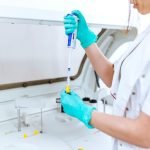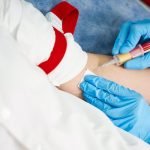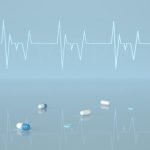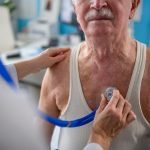Loneliness and social isolation linked to higher heart failure risk
Loneliness and social isolation have long been associated with various health risks, including cardiovascular disease. However, their specific connection to heart failure has remained...
High triglyceride levels linked to higher risk of recurrent stroke and heart problems
A new study suggests that people who experience a type of stroke known as atherothrombotic stroke and have higher levels of triglycerides—a type of...
Blood pressure drug linked to higher risk of sudden cardiac arrest
A recent study conducted by the European Sudden Cardiac Arrest network has unveiled a potential association between a widely prescribed medication for high blood...
Fluctuating cholesterol and triglyceride levels linked to higher Alzheimer’s risk
New research suggests that older individuals with fluctuating cholesterol and triglyceride levels may face an elevated risk of Alzheimer's disease and related dementias compared...
CT scans outperform genetics in predicting heart disease risk
A new study conducted by Northwestern Medicine reveals that CT scans are more effective than genetics in predicting the risk of heart disease in...
The portfolio diet is a heart-healthy choice, study finds
New research suggests that a lesser-known eating plan called the "portfolio diet" can reduce the risk of heart disease and stroke.
Heart disease is a...
AI-powered ECGs could boost early detection of heart disease
Artificial intelligence (AI) is being employed to enhance the assessment of heart disease risk by analyzing patient electrocardiograms (ECGs).
Atherosclerotic cardiovascular disease, characterized by the...
New tool to improve heart disease care for elderly people
Atrial fibrillation (AF) is a widespread heart condition affecting millions worldwide. Many AF patients also deal with other health issues.
These additional problems can worsen...
Heart failure, then a transplant – for both dad and college-athlete son
When Ryan Scoble was a junior lacrosse player at Mercyhurst University, he came home to Cincinnati for winter break eager to see his father.
Ryan's...
Replacing sedentary time with physical activity benefits heart health, regardless of genetic risk
A significant study led by the University of Hong Kong, in collaboration with the MRC Epidemiology Unit at the University of Cambridge, delves into...










